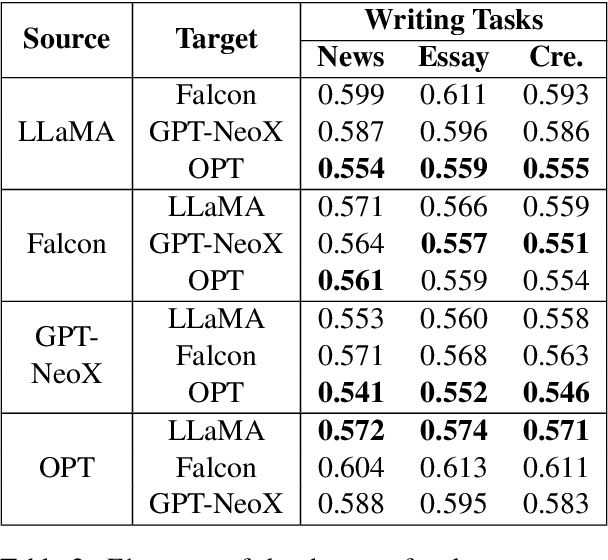How Reliable Are AI-Generated-Text Detectors? An Assessment Framework Using Evasive Soft Prompts
Paper and Code
Oct 08, 2023



In recent years, there has been a rapid proliferation of AI-generated text, primarily driven by the release of powerful pre-trained language models (PLMs). To address the issue of misuse associated with AI-generated text, various high-performing detectors have been developed, including the OpenAI detector and the Stanford DetectGPT. In our study, we ask how reliable these detectors are. We answer the question by designing a novel approach that can prompt any PLM to generate text that evades these high-performing detectors. The proposed approach suggests a universal evasive prompt, a novel type of soft prompt, which guides PLMs in producing "human-like" text that can mislead the detectors. The novel universal evasive prompt is achieved in two steps: First, we create an evasive soft prompt tailored to a specific PLM through prompt tuning; and then, we leverage the transferability of soft prompts to transfer the learned evasive soft prompt from one PLM to another. Employing multiple PLMs in various writing tasks, we conduct extensive experiments to evaluate the efficacy of the evasive soft prompts in their evasion of state-of-the-art detectors.
 Add to Chrome
Add to Chrome Add to Firefox
Add to Firefox Add to Edge
Add to Edge